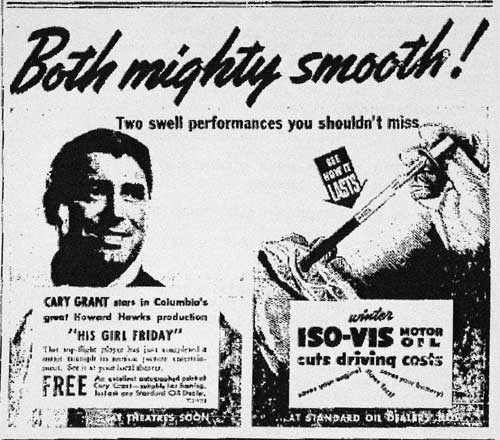New types of technology is being produced and publicized everyday. Especially in the society of today we are producing technology advancements at great speeds.
Even though these technologies are seen as great by most people, many still have mixed feelings about them. The article " The March of Radio" is about just this. When people think of the radio today, no one is truly upset or concerned about what their children or themselves will be listening to on the air. We are in a peace of mind that society will regulate and censor this material as not to damage young minds. This same fear was evident in the early days of radio.
In this article, it is mentioned how the radio for citizens back then was almost equivalent to the idea of
Internet for us today. According to this article, it was first believed that " Some radio
Utopians believed that the new technology would bring humanity together in a grand community transcending regional boundaries; while others thought that radio would be the instrument for spreading the gospel of culture, education, and rationality to the masses, bringing with it the good life of modernity and consumer society." While many still believed the creation of radio was positive, there was still a number that was worried about things like crass commercialism and corruption caused by the power of this new mass medium.
he last thing many were concerned about was
censorship on the radio. It is connected in this article to the worries of censorship on the
Internet, but they are truly very different. any worried about the idea of young children being exposed to all sorts of manipulating information and ideas. This same sort of
debate is still being played out today on the ideas of censorship for television programs, movies and the
Internet.








